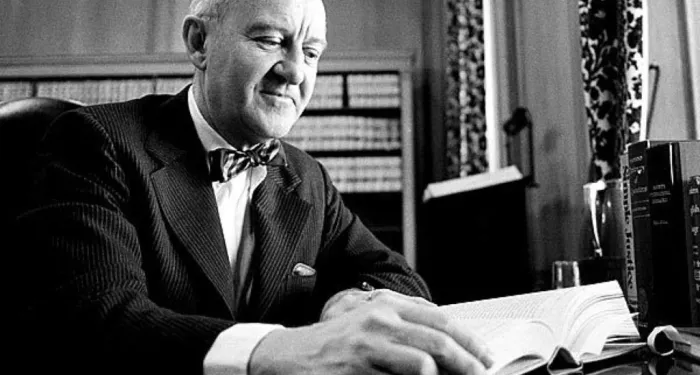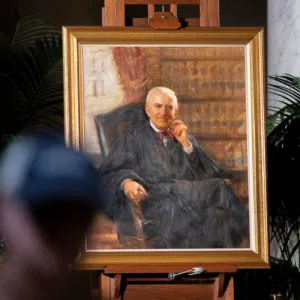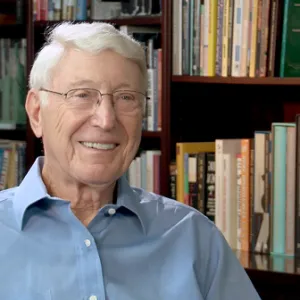
May 13 | 2019
What I’m Still Learning from Justice John Paul Stevens
I had the privilege recently of attending a 99th birthday celebration for Justice John Paul Stevens.
Justice Stevens served on the U.S. Supreme Court from 1975 until 2010 — 35 years of service. I was a law clerk to Justice Stevens very early in my career, and he had a significant impact on my view of the world.
The celebration included law clerks from all his years as a Justice. Typically, he had three law clerks per year, so there were a lot of people at this celebration who shared in the appreciation of an exceptional person.
What It Was Like to Work for Justice Stevens
Justice Stevens had achieved the highest position in his profession. Yet to those who worked for him, he was unfailingly thoughtful, helpful and approachable. He wore his accomplishments lightly.
A new book that he’s written, “The Making of a Justice: Reflections on My First 94 Years,” provides a window into his sly sense of humor. the work also offers great insights into Justice Stevens himself, the decisions he wrestled with, and the Supreme Court.
What struck me the most about Justice Stevens’ birthday — and the reason I’m telling you about it in a Crazy Good Turns note — was that part of the celebration included an interview with the Justice conducted by a former clerk. During the discussion, Justice Stevens opened up about the mistakes he thought he had made — including the death penalty.
What Justice Means
If we can put aside the politics, the legal, and the constitutional aspects of the death penalty, what was most striking to me was how he talked about the critical importance of reading the records closely in each case, and about how his approach to those cases changed over time. During his 35 years on the Supreme Court, Justice Stevens moved from upholding the death penalty to being against it.
It was a very human discussion. I thought: I would want to be judged by this man. I would have confidence in his fairness.
A quote I’ve kept comes from French Philosopher Michel de Montaigne. It reads, “Justice for others is charity for ourselves.”
It’s also true that justice is both societal and individual. We get overly focused on the societal aspects of it, but we should always want our judges — and our system of justice — to recognize that it’s individuals who stand before the bar of judgment. And the judge should recognize that, “There, but for the grace of God, stand I.”
That is true for individuals, true for a nation, and a good reason to celebrate a crazy good Justice.




